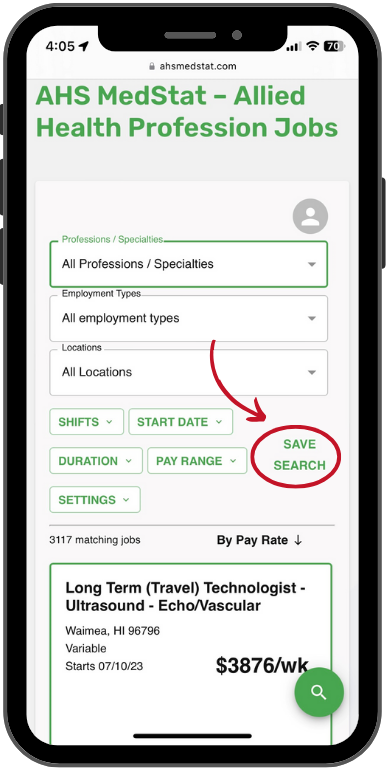In today’s healthcare environment, most travel nursing positions come with some form of competency testing to secure the travel nursing job. While there are many different forms of testing, this article will address PBDS testing or Performance Based Development System.
What Is The PBDS?
The PBDS was designed by competency expert, Dr. Dorothy del Bueno. The PBDS has been around since 1985 and is currently used by approximately 500 hospitals nationwide. The intended purpose of the PBDS was to: maintain quality of care, improve cost effectiveness of education and training, reduce and prevent risks and enhance customer satisfaction. The PBDS was designed to help hospitals customize an orientation program for health professionals by “smoking out” areas of weakness. Today, however, many hospitals use it as a pass / fail assessment tool for travel allieds.
So What Does The PBDS Focus On?
The PBDS is centered on 3 main topics: (1) Critical thinking – doing the right things for the right reasons: problem recognition, risk & problem management, differentiating of priority and urgency and application of knowledge (2) Interpersonal Relation Skills – being a good citizen: conflict resolution, customer satisfaction and team building (3) Technical Skills – doing the right things: safe performance of procedures and effective use of equipment.
The assessment components of the PBDS include:
●Sophisticated video simulations
●Visual exercises
●Audio disks
The time usually allotted to complete the test is 4-6 hours.
What Areas Is The PBDS Used To Assess And Validate?
The PBDS can be used to assess & validate all RN’s in the following specialties:
●Adult Med / Surg
●Critical Care
●Perioperative
●Perinatal
●Mental Health Units
●Emergency Rooms
●Ambulatory Care
●Home Health
●Rehabilitation
How Do I Prepare For The PBDS?
Before we discuss how to prepare, let’ first focus on the good news. To qualify as a traveler, you must have at least 1 year current experience in your area of specialty. In all likelihood, you have several years experience. So, you know your job, the typical patient population you serve, and the disease processes you will encounter in your specialty. While taking the PBDS, you will be able to call on this experience to guide you through.
While taking the PBDS, you will have to consider all aspects of the nursing process. For example: You will be shown a video simulation. You will be expected to identify the problem, determine what you believe the physician will order based on the information provided, and assess what interventions you will need to take and prioritize them in order of importance. You will need to do all this while giving consideration to patient safety, use of equipment, team building, customer satisfaction and any potential conflicts that might arise and how to resolve them.
The test also focuses on what a prudent allied must do, should do, and could do in a given situation.
When answering the questions, remember to write down every step you would take to promote the best outcome for the scenario. For example: Your patient’s morning blood sugar level is 40. Your patient is cold, pale, diaphoretic, anxious, and experiencing nausea. You would probably: put the patient in bed, give some orange juice, notify the physician, hold the morning glucophage, order another blood glucose level, and document the care. Remember all steps…it is usually the small routine actions that get overlooked. Think in terms of a step by step manner and your rationale for each step.
Refresh your memory on traditional patient diagnoses that you would see in your specialty area. Start with the head and work down, covering all systems and related disease processes.
Also think of some interpersonal scenarios’ that might occur in your department: What would you do if you witnessed another allied being verbally abusive to a patient. How would you respond if your charge allied asked you to orient another allied?
*** The PBDS does not use multiple choice questioning***
Remember to remain calm, take deep breaths and rely on your nursing knowledge and experience. Just trust yourself and don’t let anxiety get the best of you.

